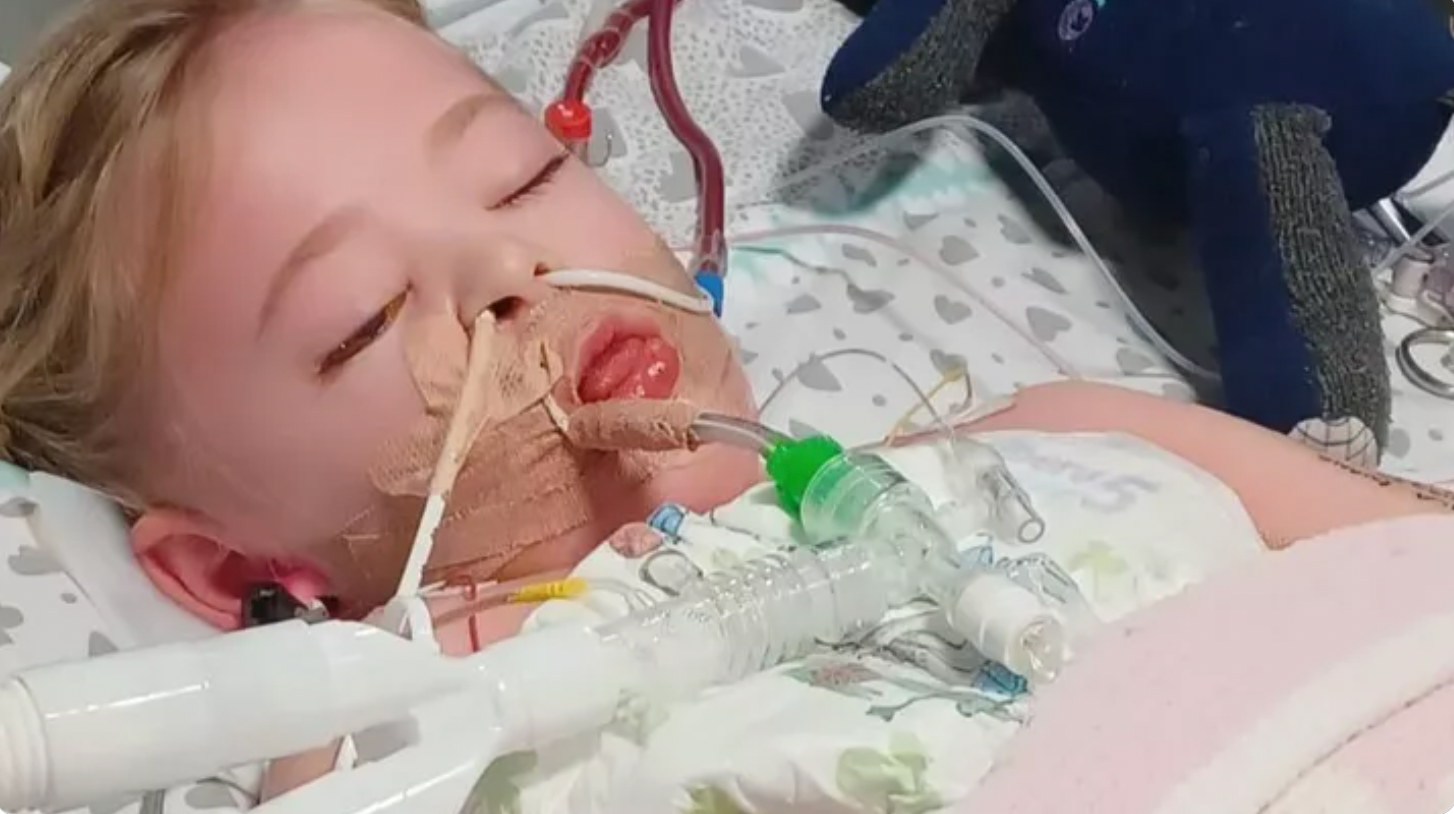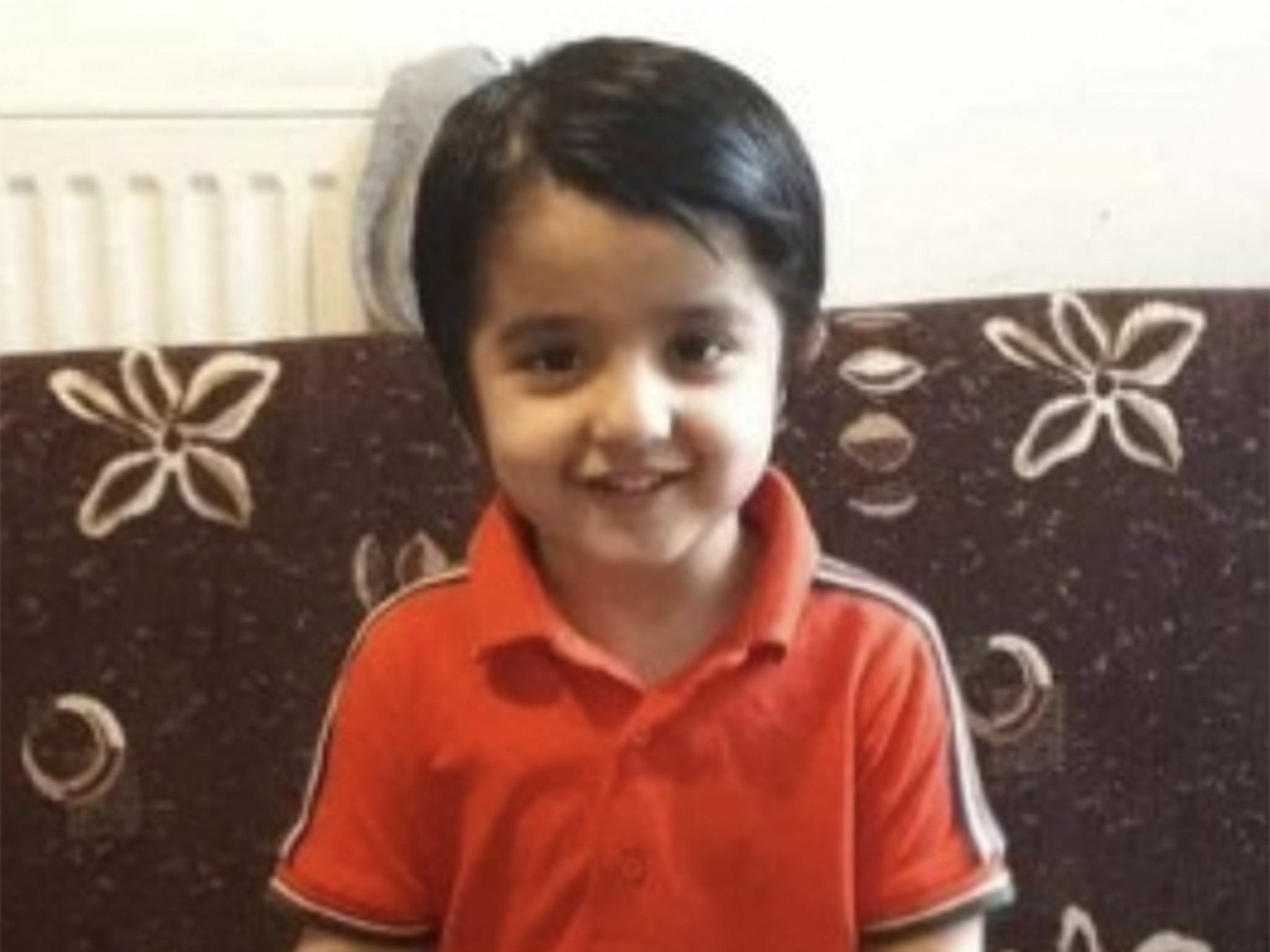
A father has shared his agony as his four-year-old daughter fought for her life after contracting a bacterial infection that has killed at least eight others in recent weeks.
Camila Burns was still “really poorly” a week after being admitted to hospital with a Strep A infection, which has now progressed into a potentially life-threatening invasive disease, her family said.
Her father, Dean Burns, told the BBC‘s Today programme on Monday the four-year-old was “still fighting for her life” in Alder Hey Children’s Hospital in Liverpool.
“It is just devastating to us as a family. We can’t believe this has happened,” he said.
Have you been affected by this story? Contact zoe.tidman@independent.co.uk
“It progressed to something called invasive group A Strep, which has now gone into her bloodstream and has devastated her body.”
He added: “I’m at a loss with it all, I just want our family back. The pain is unimaginable. She is just so beautiful and precious. She is just our special little girl.”
Camila suddenly got worse within a matter of days, her family say, before needing emergency care Monday last week.
She was hospitalised with a Strep A infection, which can turn into a potentially life-threatening invasive disease in rare cases.
Health authorities say there has been an increase in cases of this invasive disease this year.
At least six children in England and one in Wales are believed to have died from a Strep A infection in recent weeks.
Camila’s mother told ITV News at the weekend her family were “praying” she would return home alive from Liverpool’s Alder Hey Children’s Hospital.
“It’s mostly just absolute terror,” Kaye Daniels said. “Terrified of them calling us in and saying... I can’t even say it, but the worst.”
She added: “I just need her to come home.”

The four-year-old’s mother described the situation as a “constant terror” and “black cloud” hanging over the family.”
Dean Burns, her father, previously told Sky News about their agony as Camila suddenly fell ill.
“To go from dancing on Friday night with her friends to a little bit under the weather on Saturday and then a bit more bad on Sunday, she’s basically not the same girl any more,” he said last week.

There was a sickness bug going around Camila‘s school and she complained about her chest hurting, Mr Burns said.
Camila was taken to hospital last Saturday where she was prescribed an inhaler and told she could go home - but her health deteriorated a day later.
After being taken back to hospital, Camila needed life-saving intervention.

Most people who come into contact with Strep A bacteria remain well and symptom-free.
The bacteria can, however, cause many different infections, including the skin infection impetigo and strep throat, as well as scarlet fever.
Strep A can also in rare cases cause the life-threatening invasive Group A Streptococcal disease (iGAS).
Health authorities say there has been an increase in both scarlet fever and iGAS this year, which is most likely related to high amounts of circulating bacteria and social mixing, they say.
The UK Health and Security Agency said there has been five recorded deaths among children under 10 within a week of being diagnosed with iGAS in England this season. During the last high season in 2017-2018, the number was four.
A 12-year-old from London has also reportedly died from a Strep A infection, as well as primary school child Hanna Roap in Wales.
Four-year-old Muhammad Ibrahim Ali from Buckinghamshire has been named as a Strep A victim in England.


Dr Colin Brown from UKHSA, said: “We are seeing a higher number of cases of Group A strep this year than usual. The bacteria usually causes a mild infection producing sore throats or scarlet fever that can be easily treated with antibiotics.
“In very rare circumstances, this bacteria can get into the bloodstream and cause serious illness – called invasive Group A strep (iGAS).
“This is still uncommon; however, it is important that parents are on the lookout for symptoms and see a doctor as quickly as possible so that their child can be treated and we can stop the infection becoming serious.
“Make sure you talk to a health professional if your child is showing signs of deteriorating after a bout of scarlet fever, a sore throat, or a respiratory infection.”
Additional reporting by Press Association







